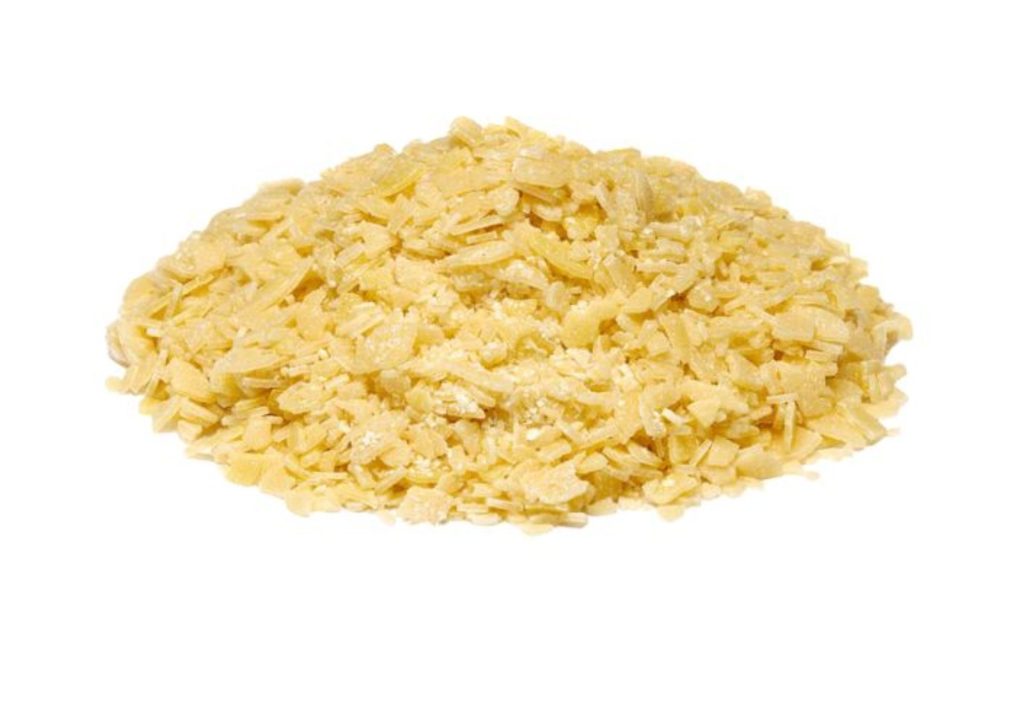Swedish manufacturer, SWEBAL, has announced a €3mn strategic investment to begin construction on Sweden’s first TNT manufacturing facility since the 1990s, underlining the company’s commitment to enhancing NATO’s resilience and deterrence capabilities.
TNT is a crucial explosive compound used in modern military munitions – most notably artillery shells – and the new large-scale manufacturing facility will aims to bolster allied defensive capabilities by centralising the European ammunition production supply chain.
The plant is targeting full-scale production by late 2027, running 24 hours per day, with 50 employees required for continuous production. Once operational, SWEBAL’s production facility will boost European-made supply of the key component for explosive munitions by 75%. SWEBAL’s new plant will produce more than 4,000 metric tonnes of TNT per year, reducing NATO ammunition shortfall.
Currently, while Russia can unlock artillery shells at an annual rate equivalent to 50,000 tonnes of TNT, the rest of Europe is able to access only 6,000 tonnes of locally produced TNT annually – the rest coming from long-distance imports which causes delays and supply chain issues.
European defence initiatives fail to address this TNT shortage, while procurement processes suffer from slow lead times for essential materials. Because of this shortage, the price of TNT for new defence contracts has increased enormously since 2020. Further highlighting the necessity of localised TNT production, the US is looking to shore up supply too, building its own major plant in Kentucky – due to finalise construction in 2028.
Ahead of plans to commence construction of the TNT manufacturing facility at the end of this year, the strategic investment will be used to gain permits and approvals. SWEBAL submitted the final documents to the Swedish Court of Environment for approval in March this year.
Joakim Sjöblom, SWEBAL Co-Founder and Chief Executive Officer, said: “This investment provides invaluable experience and knowledge. It further validates the need to act quickly and invest capital to strengthen European production capacity. The investment will help us speed up further towards the final approvals, allowing us to have the shovel in the ground as soon as possible. All enabling our mission to strengthen Europe’s defence resilience and ensure long-term security by addressing critical gaps in ammunition production.”
Major General (ret) Karl Engelbrektson, Sweden’s former Chief of Army, added: “The current rules-based world order is being challenged on multiple fronts. The use of military power as an active tool in the exercise of politics has become a reality. A global arms build-up is underway, and production capacity does not meet current needs. As a result, political leaders are calling on industry to ramp up. The issue is no longer money, but time and capacity.
“In particular, the production of ammunition and explosives represents a significant bottleneck for several reasons. Stockpiles are limited, and the permitting processes required for production are extensive, involving multiple actors who typically operate under a peacetime mindset. There is also a broader lack of mental preparedness to fully embrace the scale of wartime needs. Compounding the issue is the fact that production capacity is highly concentrated and therefore vulnerable, while value chains remain fragile due to global geographic dependencies.
“Producing TNT in multiple locations, and in geographic proximity to ammunition manufacturers, would reduce vulnerability and increase the ability to scale production when needed. Therefore, more producers are needed to ensure a secure supply in times of peace, crisis and war. To achieve this, collaboration between the public and private sectors is essential to share risk in an agile way and to respond swiftly when required.”
For more articles like this, visit our Leadership channel


